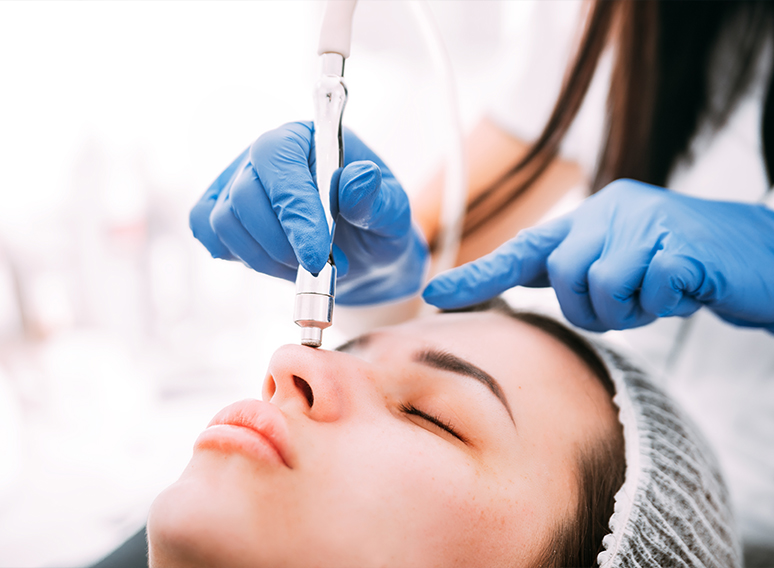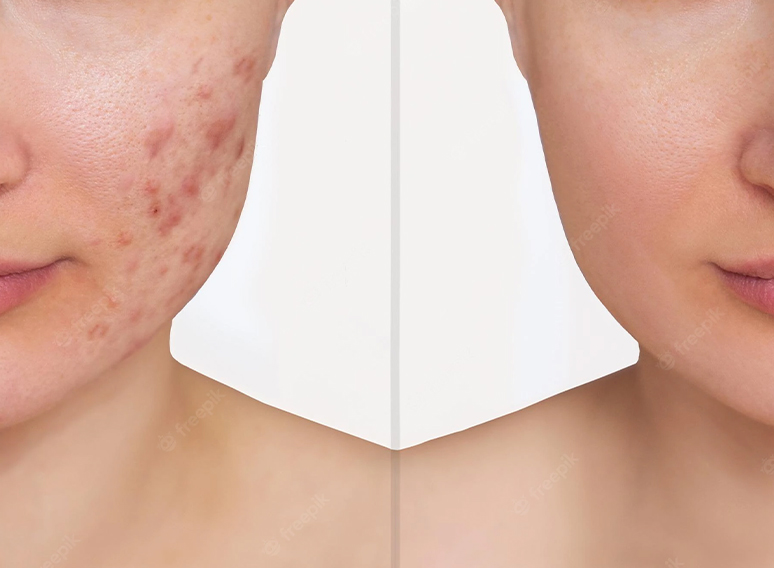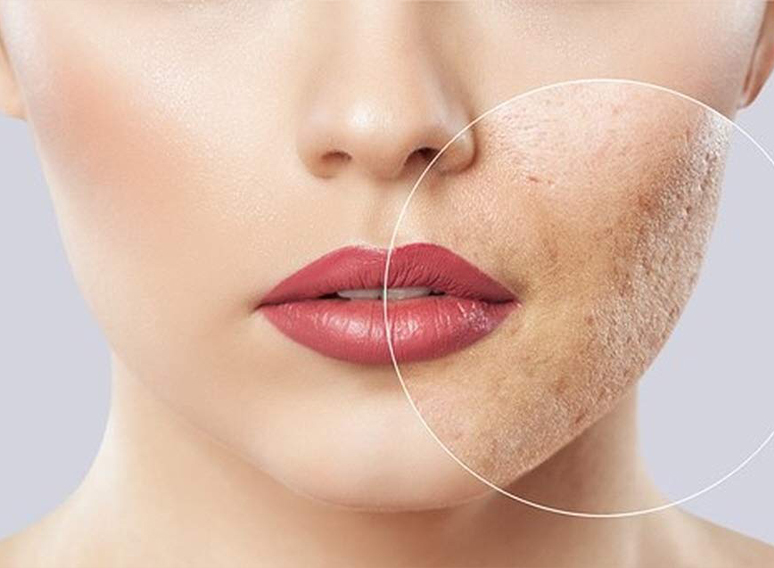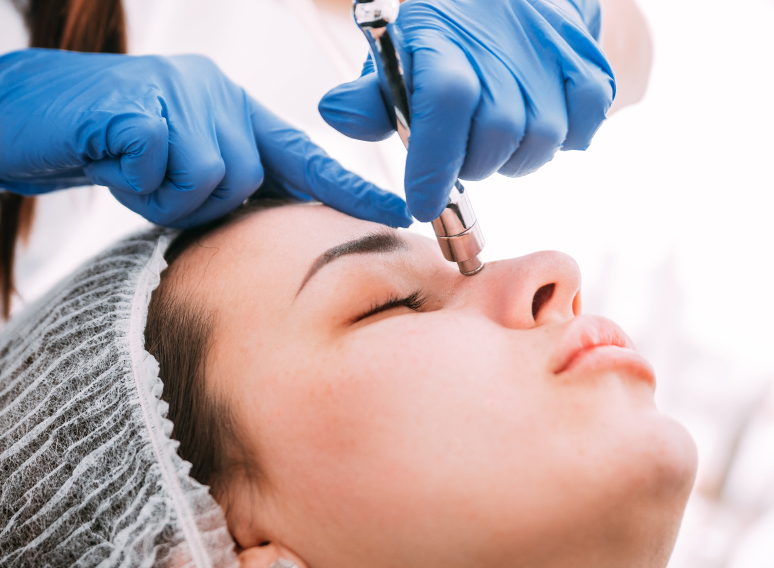
Cicatrices
Las cicatrices son el cierre natural de una lesión en la piel.
Las cicatrices visibles se producen cuando las capas más profundas de la piel se ven comprometidas.
¿Qué puede influir en la formación de una cicatriz?
La formación de una cicatriz varía de una persona a otra y está influenciada por muchos factores: por lo tanto, no procede basarse solo en el tamaño y la profundidad de la herida.
La edad, por ejemplo, es muy importante, cuanto mayor sea la persona, más lento será el proceso de curación de la lesión.
Sin embargo, incluso entre los 10 y los 30 años de edad, la sobreproducción de tejido conectivo puede dificultar la formación de una cicatriz. Además, las personas con piel muy clara u oscura desarrollarán cicatrices mucho más notorias que otros, al igual que las personas con un equilibrio hormonal particular, como adolescentes o mujeres embarazadas. La posición de la lesión también es muy relevante en este proceso, por lo que se formarán cicatrices en zonas del cuerpo donde la piel está sometida a mayor tensión.


Si una lesión es complicada, como una inflamación crónica (acné), el riesgo de cicatriz es mayor.
¿Cuántas y qué tipos de cicatrices existen?
Las cicatrices se pueden clasificar principalmente en cicatrices hipertróficas, cicatrices queloides y cicatrices atróficas.
Tipos de cicatrices
- Las cicatrices hipertróficas y queloides se desarrollan debido a la intensa hiperproducción de tejido conectivo, que hace que la cicatriz crezca más allá de la herida y sobre la piel sana.
- Las cicatrices queloides son mucho más grandes que el tamaño original de la lesión y tienen una mayor invasividad y persistencia que las cicatrices hipertróficas.
- Las cicatrices queloides se desarrollan principalmente en zonas donde la piel está bajo mayor tensión, en sujetos genéticamente predispuestos y con una frecuencia hasta 10 veces superior en sujetos de piel oscura.
- Las cicatrices atróficas se caracterizan por un hundimiento debido a la falta de colágeno. En este caso, por lo tanto, no se produce suficiente tejido para cubrir toda el área dañada. Este tipo de cicatriz es especialmente común después del acné o la varicela.

Tratamientos
Los tratamientos varian según las características, tiempo de evolución, ubicación y muchos otros factores individuales de cada cicatriz, por eso en ARTE MEDDICAL realizamos una valoración medica y con el concepto del especialista hacemos lo mejor para ti
- Aplicación plasma rico en fibrina PRF
- Nanopore para cicatrices
- Láser para cicatrices